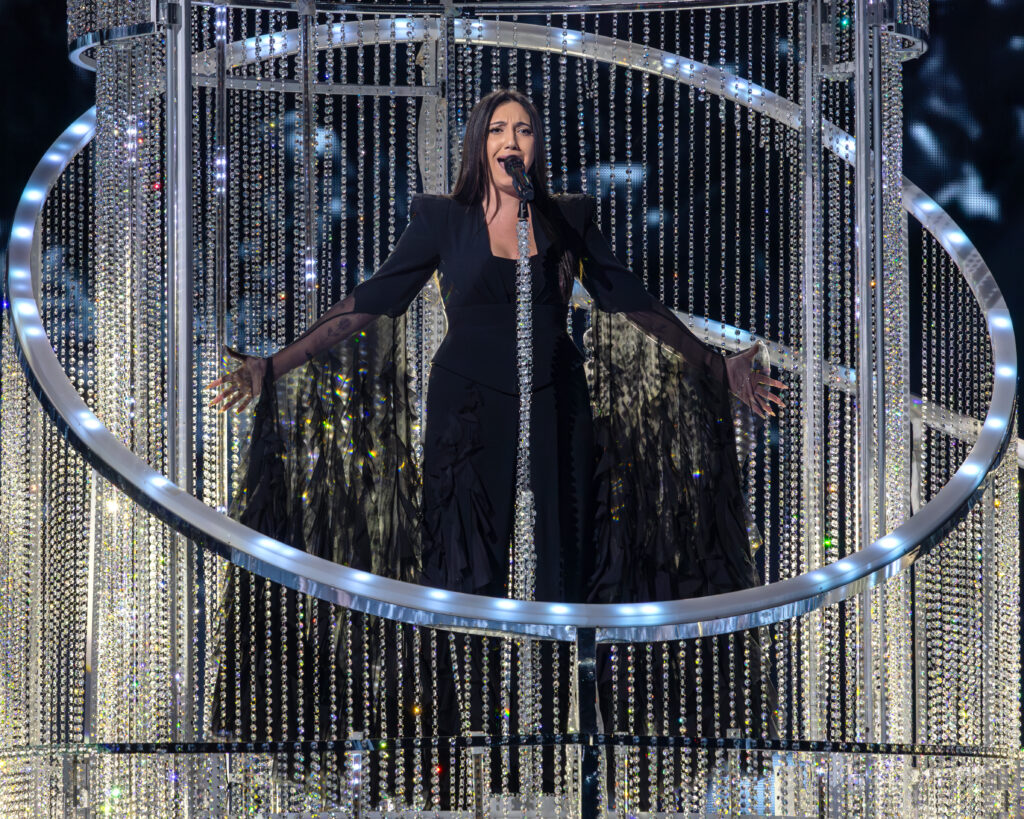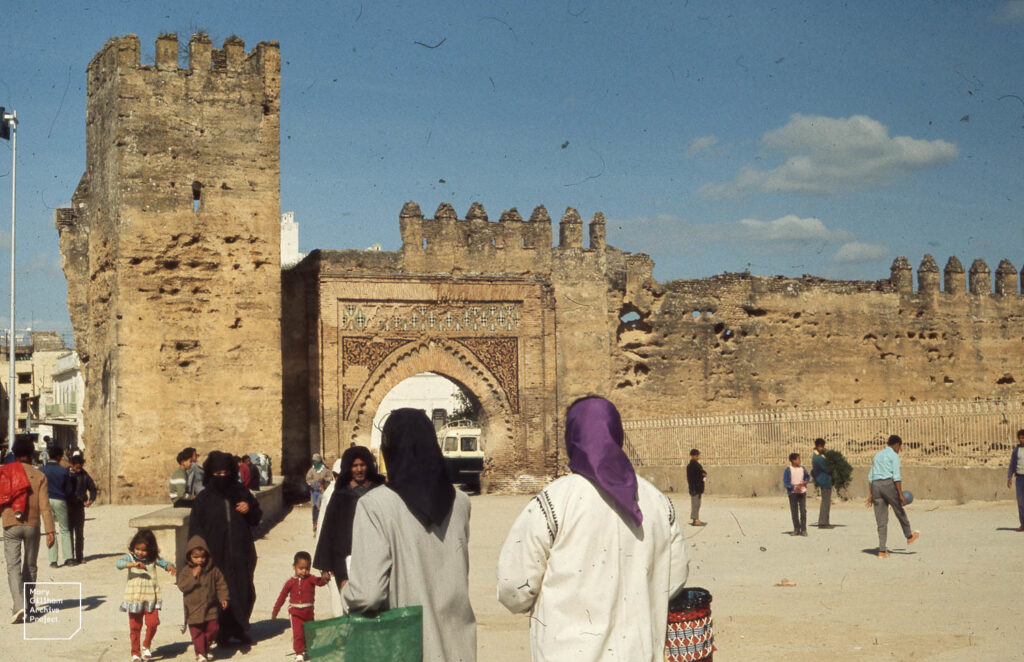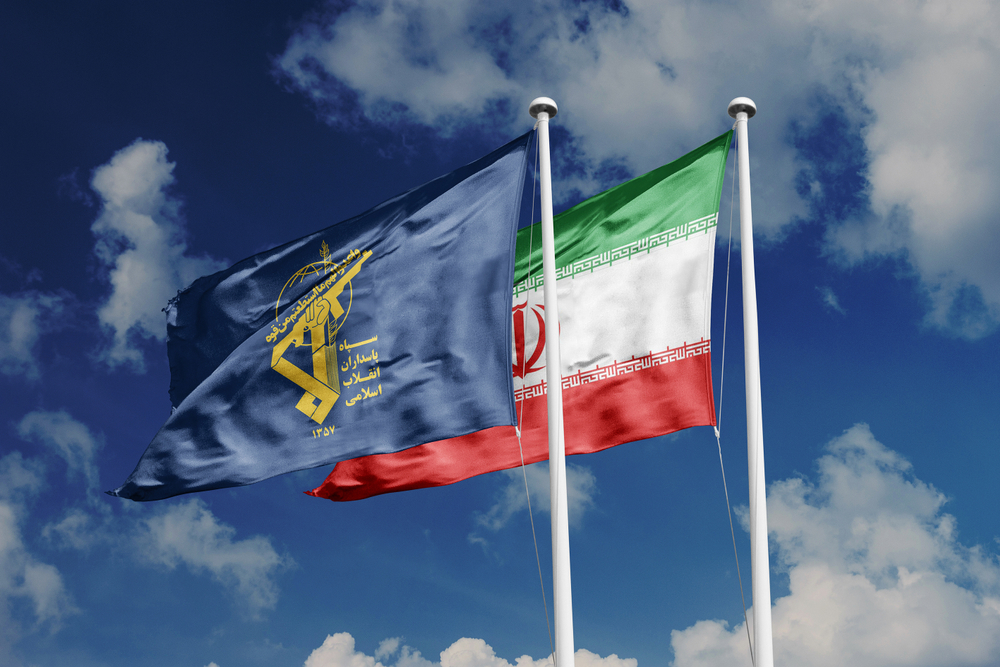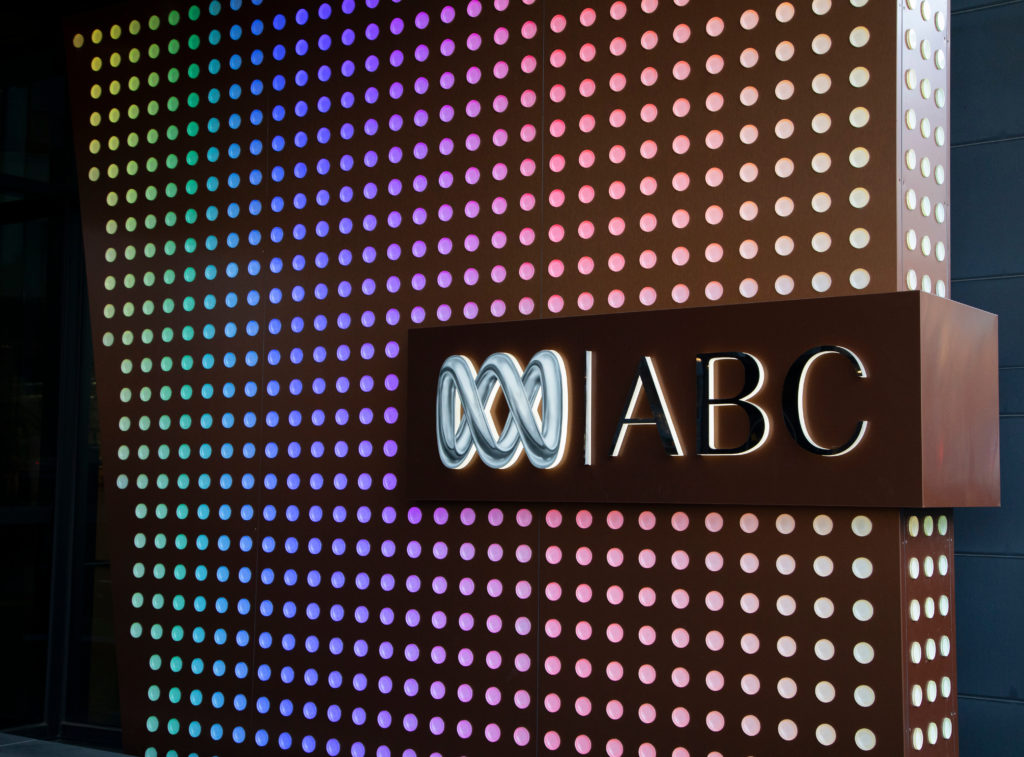IN THE MEDIA
Australia must do more to get Melbourne academic Kylie Moore-Gilbert out of Iranian prison
August 25, 2020 | Naomi Levin
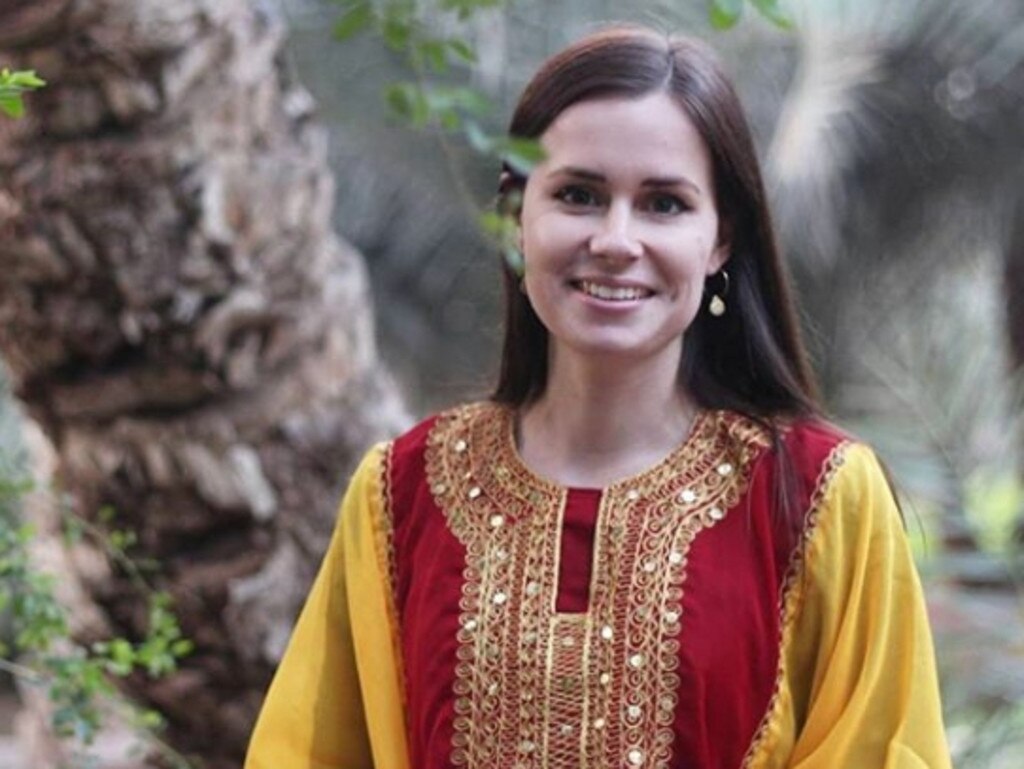
Canberra Times – August 25, 2020
Friends and colleagues of Melbourne academic Kylie Moore-Gilbert recently launched a public campaign calling on the Australian government to do more to secure her release from an Iranian prison.
Moore-Gilbert was arrested by Iranian security forces after presenting at an academic conference in Qoms in 2018. She was convicted of espionage and sentenced to 10 years in prison. Her trial was held in secret, her appeal thrown out and she now finds herself detained in the Islamic Revolutionary Guard Corps-run Qarchak Prison, known to be one of the world’s most oppressive women’s prisons.
The University of Melbourne Middle East expert has become another pawn in the Iranian game of taking foreign hostages under the guise of imprisoning “spies”. But should the Australian government be doing more, or doing things differently, to secure Moore-Gilbert’s release?
Since her arrest, the Australian government has repeatedly raised Moore-Gilbert’s detention with Iran. This includes face-to-face discussions between Foreign Minister Marise Payne and her Iranian counterpart Javad Zarif in Bangladesh in January this year. Moore-Gilbert has also had contact with Australian consular staff based in Tehran.
However, those discussions have not amounted to much, with Moore-Gilbert transferred from Evin Prison to Qarchak in July – a move widely recognised to be further endangering her safety.
Unfortunately, Moore-Gilbert’s situation is far from unique. Take the example of Nazanin Zaghari-Ratcliffe. The British-Iranian charity worker took her infant daughter to visit family in Iran in 2016. While there, she was arrested and imprisoned for supposedly plotting against the Iranian government. Despite significant public pressure, hunger strikes and sit-ins by Zaghari-Ratcliffe and her Britain-based husband, she remains detained in Iran.
Iranian security forces have repeatedly shown a willingness to violently crush those who oppose the regime – although there is no reason to believe this applies to Moore-Gilbert. Amnesty International reported that Iranian security forces killed more than 300 people, including children, during nationwide protests in 2019. Thousands more were arbitrarily detained, including at least 240 human rights defenders, lawyers, labour rights activists, women’s right activists and anti-death penalty activists.
The Iranian government also routinely persecutes peaceful minorities. Since the 1979 Islamic Revolution, Iran’s biggest non-Muslim minority group, the Baha’i community, has suffered from severe state-sanctioned discrimination. Recently, the Baha’i International Community raised with the UN a new decree that prevents Iranian Baha’is from getting a national ID card. This effectively means they are unable to open a bank account, get a work permit or apply for a passport. And according to the US Commission on International Religious Freedom, arbitrary arrests of Iranians of Baha’i faith increased in 2019.
So what does the Australian government do when a citizen is jailed by a regime that imprisons people – foreigners and citizens – without reason on a daily basis?
Middle East security experts have offered some ideas. Speaking to an Australian audience in May, former Pentagon official and American Enterprise Institute resident scholar Michael Rubin said the Australian government needs to speak louder.
“What we have seen repeatedly, and from the American experience, is if you try quiet diplomacy, that’s what the Iranians want. They want quiet so it goes away,” Rubin said.
“When you have quiet diplomacy, the Iranians allow things to be swept under the rug. When you make a fuss, and when you make this front and centre of every single diplomatic relation with Iran, when you make this front and centre of every single commercial relationship with Iran, then that’s when the Iranian government listens.”
Yet even as the Foreign Minister has raised Moore-Gilbert’s unjust imprisonment, Australia’s ambassador to Iran is clearly continuing to pursue opportunities to build Australia’s commercial and cultural ties with the country. In the past few months, she has rung the bell at the Tehran Stock Exchange, met the head of the National Library and Archives of Iran and discussed further collaboration between the Australian government and Iran’s National Centre for Addiction Studies. Could such routine relations-building meetings not be suspended until Moore-Gilbert is freed?
Another Iran security expert, Behnam Ben Taleblu from the US-based Foundation for Defense of Democracies, told the ABC late last year that the Australian government needs to draw international attention to Iran’s habit of arresting foreign nationals on trumped-up spy charges.
“Raising that pattern [of arbitrary arrests of dual nationals in Iran], in the court of public opinion, in international institutions would aid Canberra significantly,” Ben Taleblu said.
It is clear that the arrest and imprisonment of Moore-Gilbert on trumped-up espionage charges is a gross violation of justice and human rights by the Iranian regime. The Australian government is treating her situation with concern, but negotiating her release is a grave diplomatic challenge given the oppressive nature of her authoritarian jailers. The government needs to be constantly reassessing its tactics.

